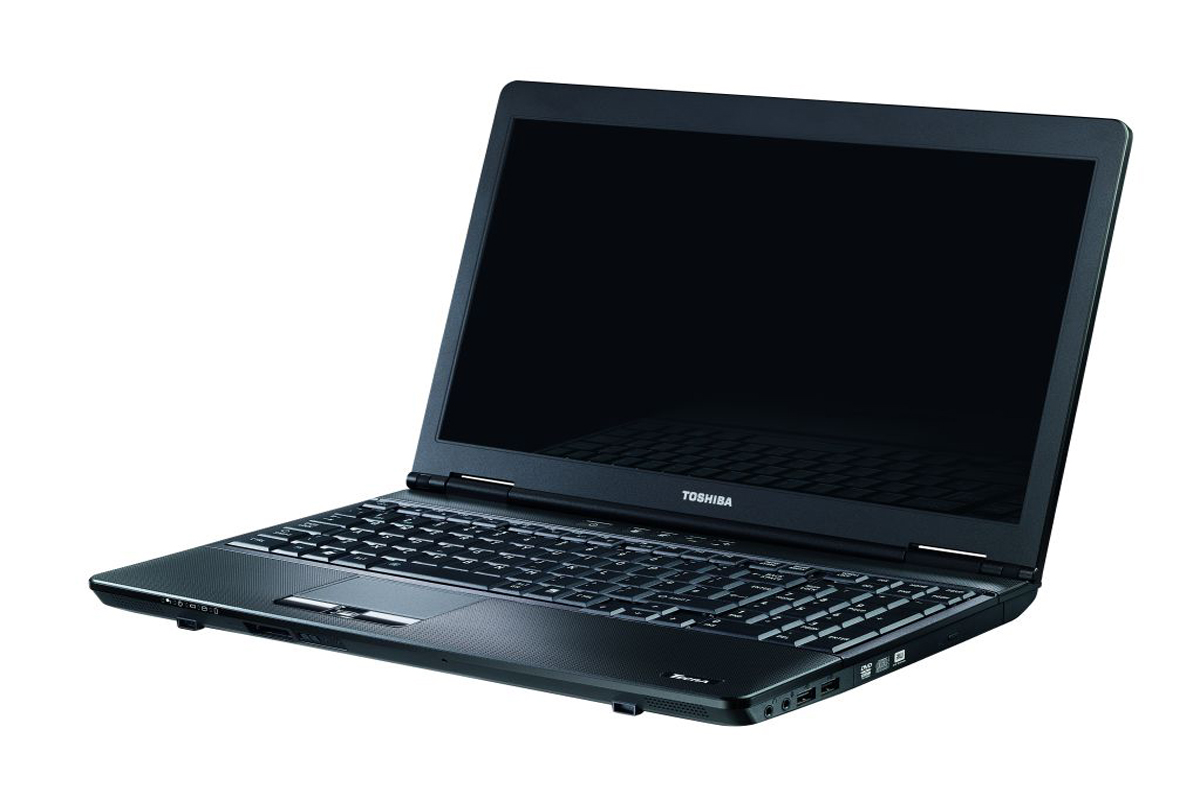Toshiba Tecra A11 review
After our first look at the Tecra A11 at Toshiba’s 2010 press day, in this review we take an in-depth look at this new business notebook.

Its size, weight and average battery life mean the Tecra A11 is not ideal for frequent use on the move and the absence of vPro for remote management may limit its interest to larger enterprises. Its low resolution screen is also a potentially limiting factor. Those caveats aside, however, the A11 is a speedy and very useable machine that offers good value – though there are rivals from HP and Sony that will do similar with more panache.

Toshiba's Tecra range caters for business users and its new A11 is part of its Everyday Computing' category. So while it's likely to be well featured there might be some omissions and compromises to embrace/withstand.
The A11 immediately hits the spot though by featuring an Intel Core i5 M520 processor under the hood - even more powerful than the Core i3 we saw in our first look review sample. In CPU architecture terms this chip is a step change from Intel's already impressive Core2 design. It's a good choice for a business laptop thanks to native dual-cores and Hyper-Threading, enabling it to operate on four software threads at once. It can overclock automatically from a standard 2.4GHz to 2.93GHz when required and has new instructions to speed up AES security decryption.
The results speak for themselves. The overall benchmark score of 1.42 comfortably outpaces the 1.25 we obtained from the Toshiba Satellite L500 we reviewed last month, and just edges the score from the similarly Core i5-equipped Sony Vaio VPCS11V9E/B, though it's worth noting that the Sony costs close to 1,200, nearly double the price of the Tecra A11.
The CPU is backed up with 2GB of DDR3 RAM, and this is provided on a single DIMM, leaving one free for user upgrading - the system supports up to a maximum of 8GB. Graphics are provided by an Intel QM57 Express graphics chip and in our benchmarks this delivered noticeably better performance in the 2D graphics part of the test than previous generation integrated graphics.
Get the ITPro daily newsletter
Sign up today and you will receive a free copy of our Future Focus 2025 report - the leading guidance on AI, cybersecurity and other IT challenges as per 700+ senior executives
Benny Har-Even is a twenty-year stalwart of technology journalism who is passionate about all areas of the industry, but telecoms and mobile and home entertainment are among his chief interests. He has written for many of the leading tech publications in the UK, such as PC Pro and Wired, and previously held the position of technology editor at ITPro before regularly contributing as a freelancer.
Known affectionately as a ‘geek’ to his friends, his passion has seen him land opportunities to speak about technology on BBC television broadcasts, as well as a number of speaking engagements at industry events.
-
 ‘Phishing kits are a force multiplier': Cheap cyber crime kits can be bought on the dark web for less than $25 – and experts warn it’s lowering the barrier of entry for amateur hackers
‘Phishing kits are a force multiplier': Cheap cyber crime kits can be bought on the dark web for less than $25 – and experts warn it’s lowering the barrier of entry for amateur hackersNews Research from NordVPN shows phishing kits are now widely available on the dark web and via messaging apps like Telegram, and are often selling for less than $25.
By Emma Woollacott Published
-
 Redis unveils new tools for developers working on AI applications
Redis unveils new tools for developers working on AI applicationsNews Redis has announced new tools aimed at making it easier for AI developers to build applications and optimize large language model (LLM) outputs.
By Ross Kelly Published
-
 Google layoffs continue with "hundreds" cut from Chrome, Android, and Pixel teams
Google layoffs continue with "hundreds" cut from Chrome, Android, and Pixel teamsNews The tech giant's efficiency drive enters a third year with devices teams the latest target
By Bobby Hellard Published